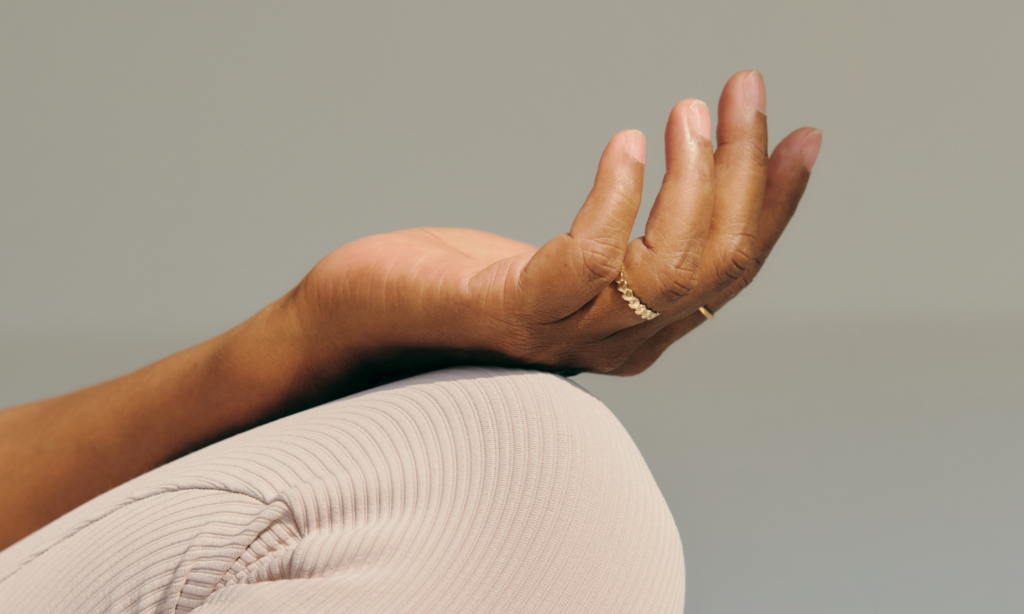Love letters from the Universe. (And also us.)
Take a spin through our compendium
of must-read posts.
Creating A Healing Container, Part Three
Protecting Your Energy as a Healer: Establishing Healthy Boundaries

Because I’m still recovering from my savior complex, I kinda always have to be on the lookout for when I’m sliding back into old patterns. I want people in my life, and I want our interactions to be mostly positive, fun, and uplifting. As a healer, protecting your energy is crucial, and it’s up to me to set the terms of my relationships and avoid burning out by being a compulsive healer. (Y’know, when you are always helping people, even at the expense of your own well-being).
Since I’ve been exploring this topic, I now do my best to create a defined healing container in my psychic work and my interactions outside of work.
Healing containers can be an actual physical space, or a temporary mindset that you consciously step in and out of. If you find yourself giving emotional support, even when you don’t want to, here are some key elements to establishing a defined healing space for yourself.
Protect Your Physical Space

Protecting your energy as a healer starts with defining a clear healing container for your work and interactions. If you’re operating out of an actual office or room, make sure you take steps to set that space apart from the rest of the house or workplace. At the BPI, we have methods to ensure a space feels grounded and contained so outside energy isn’t crowding in. This way, if you don’t have a separate office to work in, you can still make it separate energetically. We recommend setting an intention for a room/space and cleaning it out energetically regularly. How do you maintain the sanctity of your healing space?
Be Aware of Your Non-Physical Space

Healing containers can often be a mode or mindset vs. an actual room. A conversation, a shared meal, or an outing with a friend can sometimes slip into an impromptu healing session. The key in these types of situations is to consciously decide that you are, or are not, going to engage in helping someone by listening or offering support. If you are going to engage, then make a note of that in your mind— “I am now in healing/helping mode.” This way, you are conscious of what you are doing—meaning you can also be mindful of when you want to step out of healing/helping mode.
Draw the Line: Know When Your Healing Time Begins and Ends

One of the easiest ways to avoid burnout and protect your energy as a healer is by establishing clear boundaries for the help you provide. Clearly define a beginning and an end to the type of support you are offering. If you have decided that you would like to help someone out, create a time limit for the support. The healing/helping work needs a clear beginning and end.
This can look like saying out loud to a family member, who may be unconsciously dumping a problem on you, “I’d love to listen and offer support around your breakup—can we agree on talking for an hour then switching gears?” or “I can take you out for coffee tomorrow and be a sounding board for your work situation then.”
Decide the Size of the Container

Maybe you only have a few moments to offer support to someone, and that’s ok! You can offer a prayer or some good vibes to a person you know you can’t do anything more for. If you pass an accident or a homeless person, send them some healing energy. I love asking for happy vibes from my peers at the BPI if I’m having a lame day—it’s easy and takes seconds on their part.
Get Consent for Your Healing Support

I mentioned this in a previous article, but it’s worth noting that consent goes both ways. Have you asked a person IF they would like your help, AND have you consented to giving support? Do you have people in your life who start processing drama with you with little or no awareness that they’re doing it? Unfortunately (or fortunately), setting a boundary is up to you when that is happening.
My husband and I have a system of asking if we can talk about a difficult situation before actually launching into it. Doing this makes the person with the drama conscious that they are A. requesting support and B. aware of how often they’re asking for it. This method allows the receiver to consent to being a listening ear or opting out by saying, “I’m not available for this right now—we talked about your deal at breakfast, and I’d like dinner to be relaxing for everyone.”
Decide Who Comes Into Your Healing Space and Who Doesn’t

If people are getting into your healing space all willy nilly, then it’s time to step back from being a healer or helper of any type until you can define some boundaries. No more losing an entire Saturday because you somehow got looped into helping a friend who’s in crisis mode again. (You could be in a karmic loop with someone and are playing out old patterns from seven lifetimes ago… but that’s another blog post altogether).
When I don’t make agreements around emotional support with friends and family, I end up avoiding some relationships altogether instead of owning up to my part in changing a dynamic. Having consciousness around when I’m in healing mode, and when I’m not, helps me keep my relationships energetically clean and clear. The support I offer is more genuine and effective; if I’m helping or healing someone—it’s cuz I mean it.
To conclude my little Three-for-three mini-series I’ll leave you with the main takeaways:

- Know why you’re healing people—is it actually because you need to heal yourself through healing them?
- Be aware of when you’re healing people. Are you conscious of how often you’re in this role?
- Make sure the help you’re offering is consensual. Are you consenting to being the supporter in a dynamic, and have you asked the person if they would like your help.
- Create a container for your healing work—consciously step into that space and have a clear beginning and end to what you are offering.
- Be a healthy healer and be sure to take the time to replenish yourself often.

Welcome to the Healer Chat
Are you unsure whether you’re an out-of-control healer? Do you struggle with setting boundaries when assisting others? Are you confused about whether you’re healing someone or just trying to fix them?
No worries—protecting your energy as a healer starts here! Our 4-week course, Self Healing 101, is designed to give you concrete tools to better understand energy. In the first class, we teach grounding techniques so you can approach each situation from a centered, clear space. And the best part? The first class is free!
———
Blog post written by Three Brodsky (aka King Three) a student and staff member at the BPI.
Make A Little Magic
Step 1 | Enter your deets.
Step 2 | Get (free!) magic sent to your inbox.
Take four seconds to join our FREE virtual spiritual treehouse & start tapping into your well of psychic wealth. From must-know news to essential how-tos, these weekly emails help you discover all you can do.